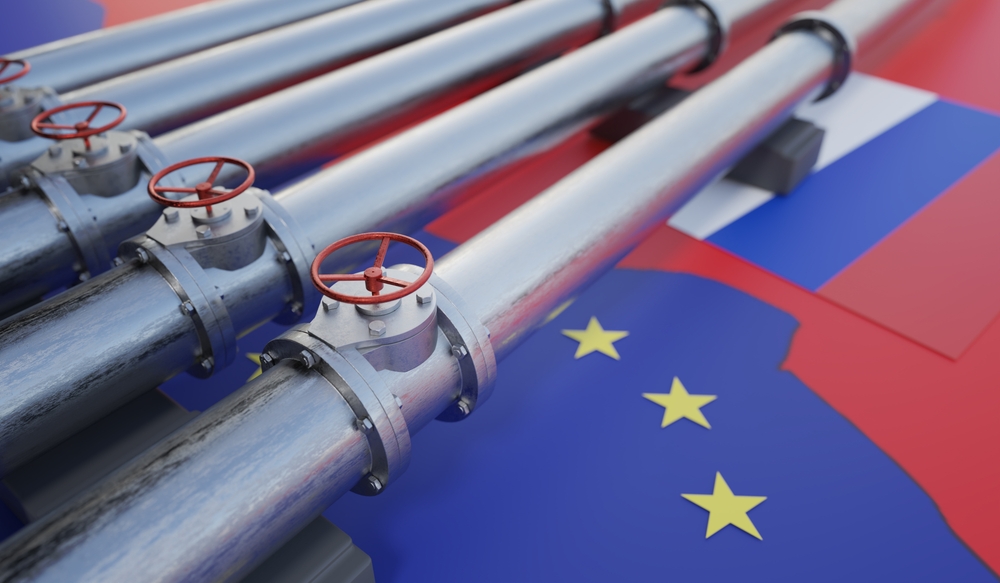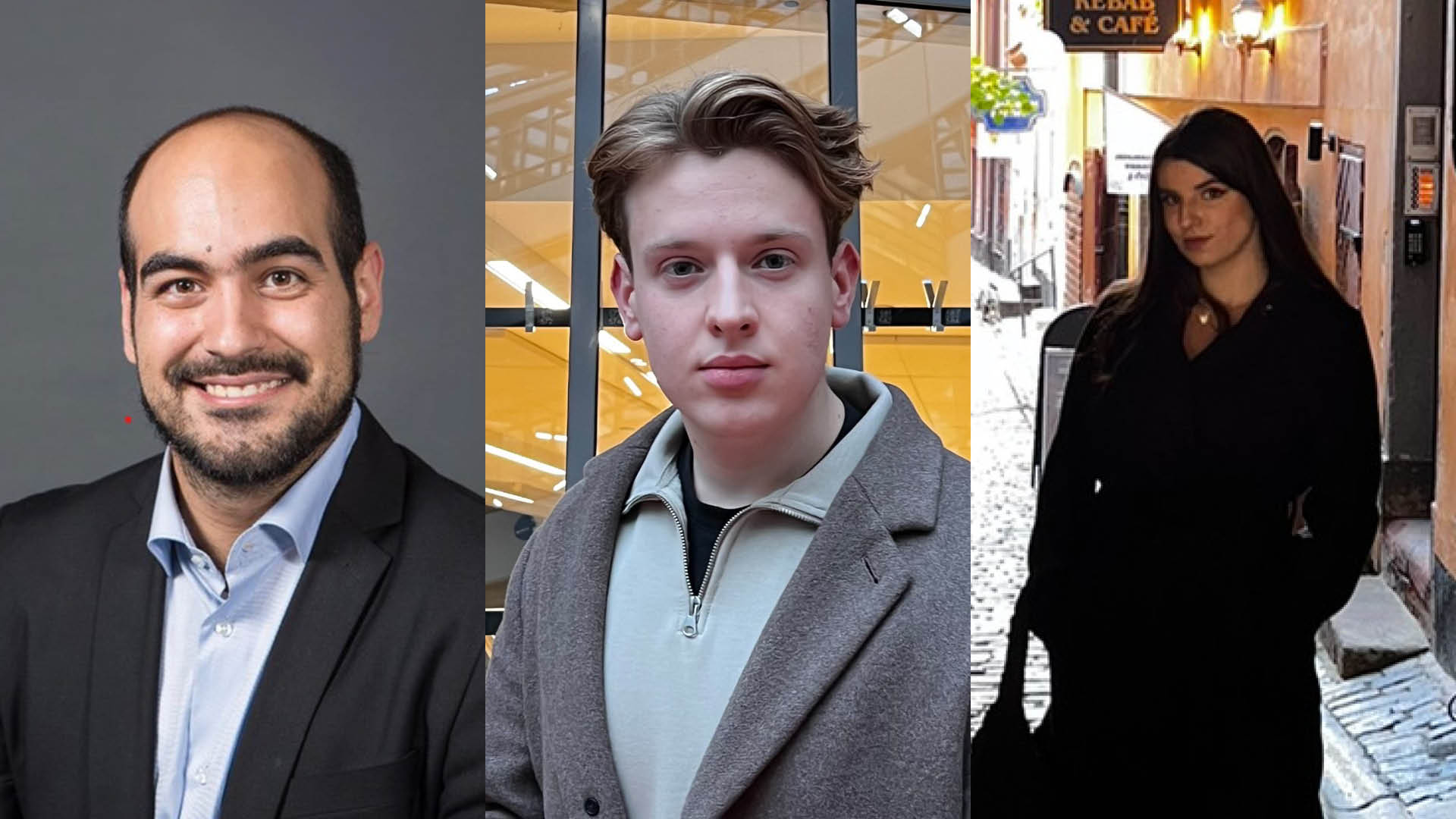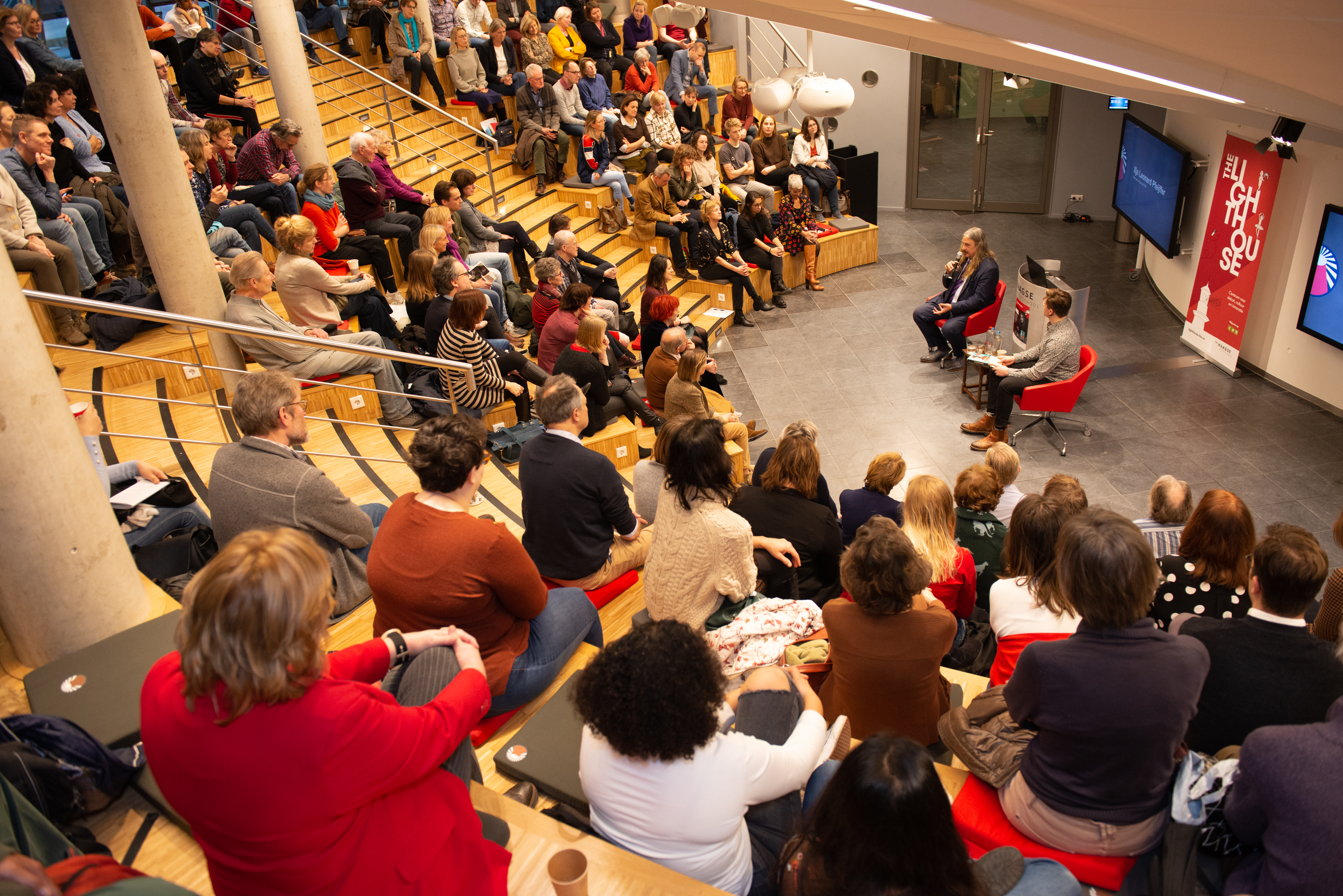Where does the European Union stand?
4 December 2023
17:00 - 18:00
Speakers' Corner

Geo-political issues regarding natural gas in the Eastern Mediterranean territory
The European Union has been relying on neighbouring states such as Russia for natural gas. The war between Russia and Ukraine lead to sanctions on Russia and even though the challenges that our world is facing are leading us to a transition towards sustainable alternatives and renewable sources, gas is still a main resource. The European Union is hit by its policy of blocking natural gas coming from Russia.
Therefore, the EU has focused on finding new partners for providing natural gas. The eastern Mediterranean countries have substantial amounts of gas in their waters. The EU started cooperating with these countries. However, the geo-political situation between some of the states made the cooperation challenging. Countries not having formal relations or peace is a common situation over the Eastern Mediterranean territory, examples being Israel/Lebanon and Cyprus/Turkey. This situation leads us to the following questions:
Where does the European Union stand? How do local conflict influence relations between the EU and these countries? Are countries in internal conflict in the eastern Mediterranean a safe partner for European interests Is it risky? What about the values the EU sticks on limiting gas because of Russian aggressions but trying to actively create new partners in the middle east where aggression and human rights could also be neglected?
Program
17:00 Opening by Cristina Spiridon
17:10 Introduction by Vasilis Karakasis
17:30 Interactive discussion with audience, Jonathan Atzmon and Vasilis Karakasis
18:00 Wrap up by Cristina Spiridon
Registration
Admission is free, and no registration is necessary.
Speakers
Vasilis Karakasis is lecturer in European Studies. He holds a PhD in Governance and Global Affairs from Leiden University. His dissertation assessed the impact of gas discoveries on the Cyprus conflict. His publications cover topics such as energy security dilemmas, Greek-Turkish tensions in the Aegean Sea, and Greece’s strategies during economic crises.
Jonathan Atzmon is a student at European studies. He worked earlier on a Belgian documentary in Israel about coexistence and political dimensions of communities in Israel. He helped middle eastern immigrants integrating and learning the Dutch language in Belgium.
Cristina Spiridon is a student at European studies. She is in the board of student association ESCAPE.
Speakers
From left to right: Vasilis Karakasis, Jonathan Atzmon and Cristina Spiridon

This event is from The Lighthouse
The Lighthouse is a program full of interesting activities on current, social and global issues.
